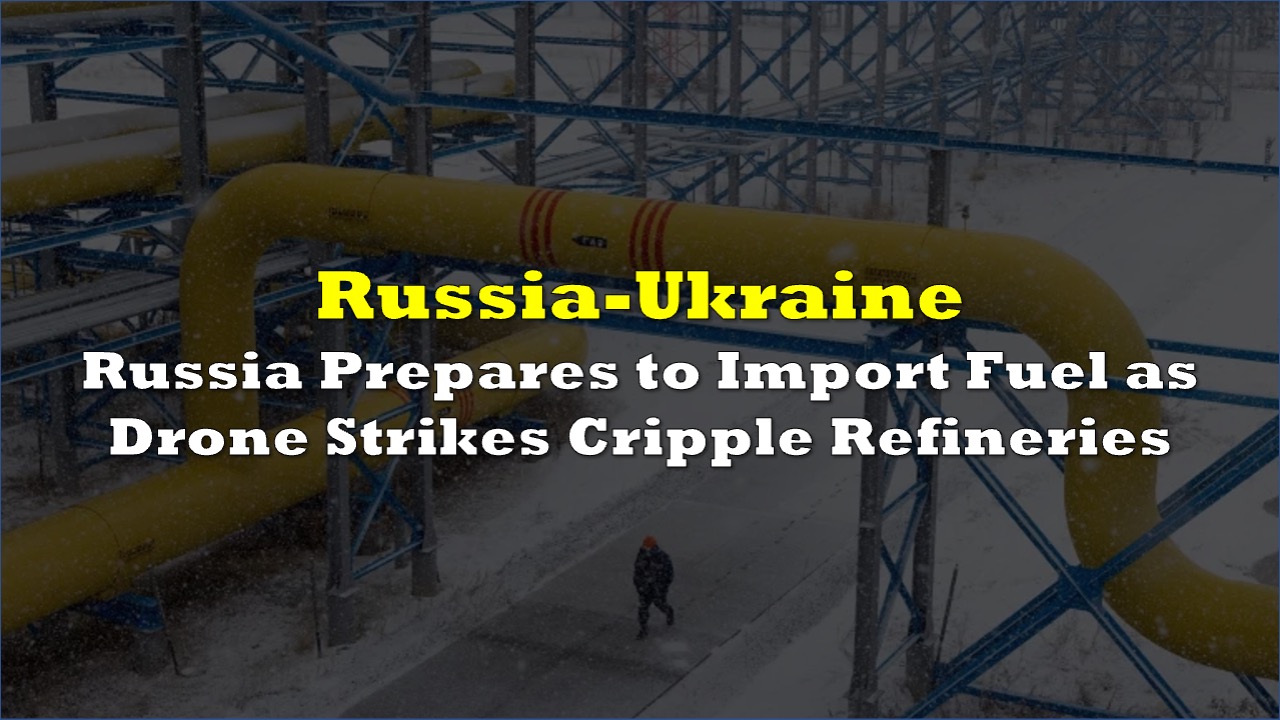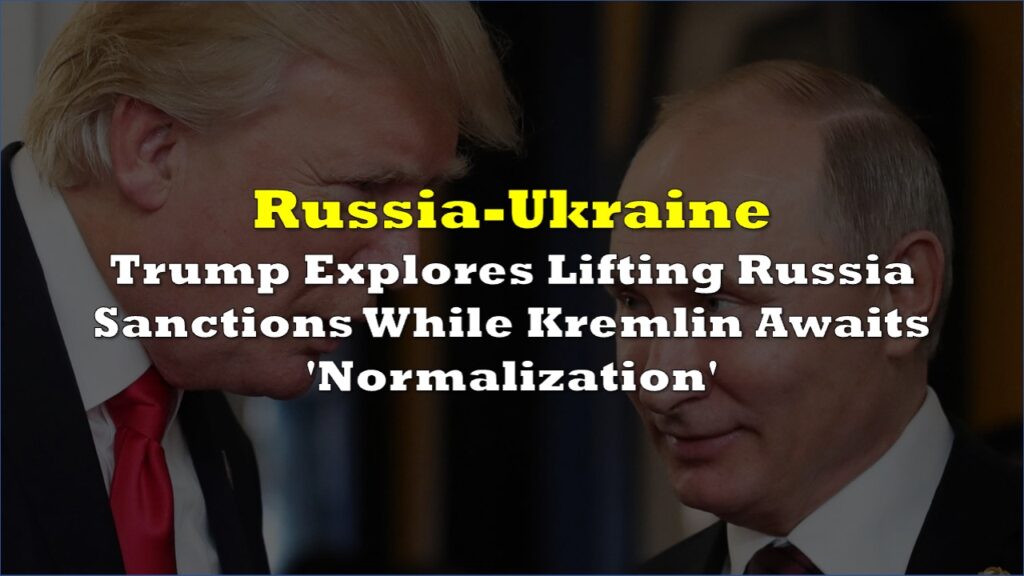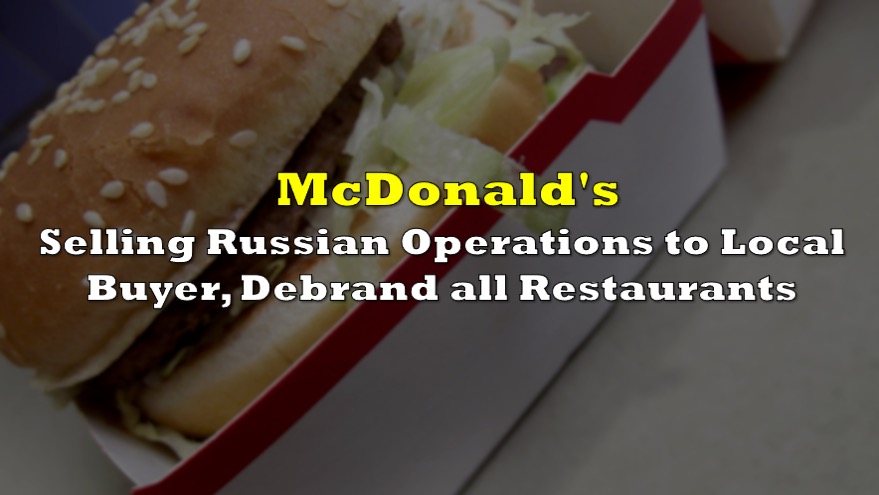Russia appears to be moving to significantly expand gasoline imports after Ukrainian drone strikes severely damaged its refining capacity, creating acute fuel shortages across the country and forcing Moscow into an economically damaging reversal.
The Eurasian Economic Commission will eliminate tariffs on fuel imports — including gasoline, diesel, marine fuel and jet fuel — through June 30, 2026. Officials cited declining domestic production as the reason for the policy shift. Trade Minister Andrei Slepnev said the policy will take effect in 10 days.
If Russia starts importing fuel, Moscow is going to absolutely hemorrhage cash. Not only will they not have commercial sales and tax revenue, but they will have to pay for the imports.
— Malcontent News (@MalcontentmentT) September 30, 2025
Assessment: The damage to Russian refineries is worse than previously assessed. https://t.co/6ChqqFdefd
While Russia has already been importing small amounts from Belarus — 97,000 tons between July and September — the tariff elimination will allow Moscow to dramatically scale up imports from Kazakhstan, Kyrgyzstan, and other sources within the trading bloc.
The move is a big blow to Russia’s economy, which will now face the dual burden of lost export revenues and new import costs. Russia has already banned gasoline and diesel exports through the end of 2025 in an attempt to address domestic shortages.
Read: Russia Extends Petrol Export Ban Through 2025
The country faces a shortfall of roughly 400,000 tons of gasoline per month — about 20% of its normal consumption of 2 million tons, according to industry sources cited by Russian business daily Kommersant.
The situation is most acute in annexed Crimea, where authorities imposed strict rationing on September 29, limiting purchases to 30 liters per person. Regional officials set fixed prices at 70 rubles ($0.70) per liter for standard gasoline.
September drone attacks shut down at least six major refineries, cutting domestic gasoline production by 1 million tons, Reuters reported. August strikes eliminated nearly a fifth of Russia’s refining capacity, with idle facilities reaching an unprecedented 23% of total capacity.
The Financial Times reported that the campaign has damaged 16 of the country’s 38 refineries. Energy research group Energy Aspects estimates the disruptions have cut Russia’s processing capacity by more than 1 million barrels daily.
Ukrainian forces hit at least seven additional refineries in September, including facilities in Ryazan, Saratov, Samara, Volgograd, Ilysk, Ufa, and Leningrad regions.
Read: Ukraine Strikes Cut Russian Oil Refining Capacity by 17%, Fuel Prices Soar
Wholesale fuel costs have climbed more than 50% year-to-date, pushing up inflation as transportation and logistics expenses surge. Higher fuel costs cascade through the agriculture and shipping sectors, ultimately raising prices for food and consumer goods.
Analysts warn that administrative price controls fail to address underlying production problems, meaning inflationary pressures are likely to persist in the coming months.
Information for this story was found via The Moscow Times, Reuters, Financial Times, Kommersant, and UNITED24 Media, and the sources and companies mentioned. The author has no securities or affiliations related to the organizations discussed. Not a recommendation to buy or sell. Always do additional research and consult a professional before purchasing a security. The author holds no licenses.









